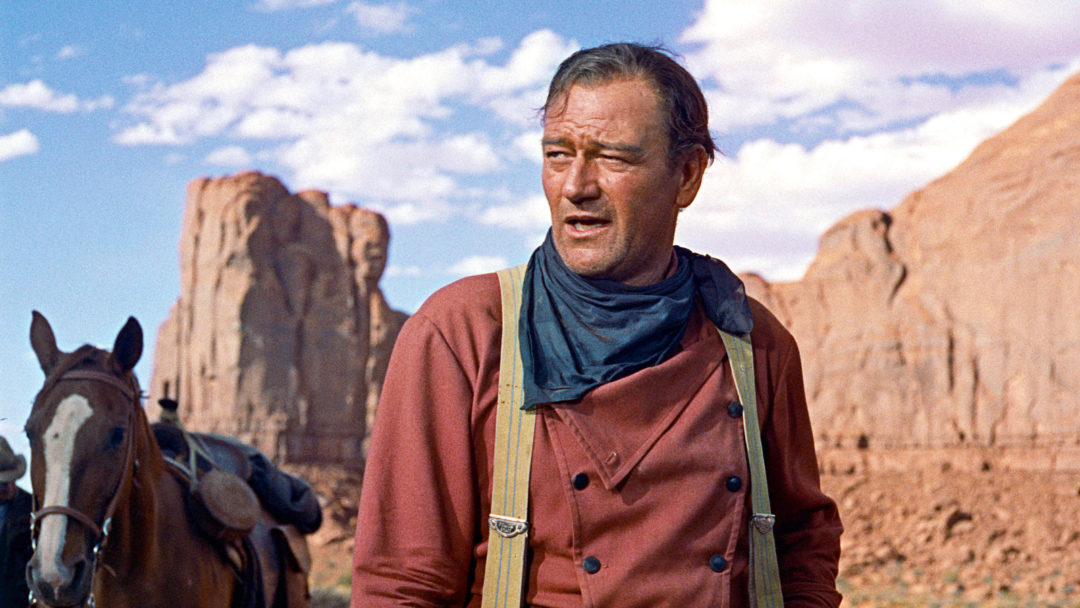Oddly enough, every part of society does have a play in other walks of life. For instance, if the US passed the actual Purge (and frankly, that outcome is looking more and more likely), and the nations of the world as one turned to us and asked to reconsider, the pressure would be enormous.What is "society" defined as? Is a monk, living in Japan, the part of the same society that killed Flynn? What about a Canadian? An Alaskan? Is there just one "human society", or does this refer to the United States and their territories?
Likewise, if no society took child abuse as anything to abhor... well, it wouldn't be called abuse. It wouldn't be anything. But as most humans consider children sacred and worth dying over, child abuse is the most loathsome thing you can do the world over. And you will find no port of refuge during that storm.
Did that Japanese Monk vote for the politicians and sheriffs that made this nation's policing as it is? Obviously not. But when burdened with knowledge, that monk must make a choice to decry the injustice, be neutral to the injustice, or side with the injustice. And as previously stated, anything that doesn't bring condemnation and/or repercussions for certain actions will not cause change for the better. Decrying will be the only action that brings condemnation and/or repercussions. The others visit no negative outcome for said actions, therefore will do nothing to prevent them in the future.

